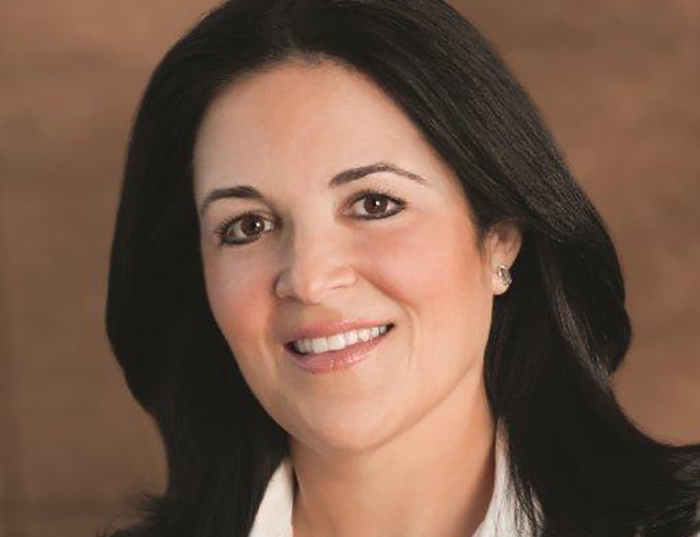Who Was the First to Ask that Question?

Huntsville, AL -We often warn patients before or after they go through weight loss surgery about any symptoms or side effects to look out for. These are usually side effects that are short term after surgery, or that happen a month or two afterward. But what happens years down the road? What are the chances of some side effects happening 10 to 20 years down the road? Do we even have data recorded that far out? Or do we discount it because these procedures change over time with new medical updates? Whatever the case may be it is always important to at least keep track of what is going on, especially while living with the aftermath of a procedure is old or new. We can’t always predict the future, so we have to look at patterns to gain understanding.
Who Was the First to Ask that Question?
It turns out, looking at the possibility of long-term effects after weight loss surgery was something that crossed the mind of the Chief of Bariatric and General Surgery at the University of Pittsburgh Medical Center. Dr. Courcoulas, Professor of Surgery, published a paper based on the long-term effects of bariatric outcomes in JAMA. After noticing that there were not only fewer published studies on the subject but there was a lack of standardized reporting of potential long term adverse effects. So, it makes sense that we need a study like this to fulfill these criteria.
According to an interview with medicalresearch.com. “This paper results from one of the largest studies of bariatric surgery ever undertaken. It includes both gastric bypass and gastric sleeve, the 2 most common operations performed in the U.S. and worldwide. This study leverages large data sets from the electronic health record linked to insurance claims and death indices. This is real-world data coming from a population-based cohort of 33,560 adults at 10 sites in 4 clinical data research networks throughout the U.S. So, it may differ from data that accrues from a longitudinal observational study or randomized trial. Patients and other important stakeholders in bariatric surgery were critical to the design, conduct, and dissemination of results from this study.”
What are the Main Findings of the Same Study?
According to the findings, after 5 years of follow-up, there were more: interventions and operations, hospitalizations, and endoscopy procedures. However, the data trend that doctors picked up on was that more of these follow-up procedures would happen to patients that went through a gastric bypass procedure. There were fewer follow-ups and corrections on those who went through gastric sleeve procedures instead.
Another thing to note is the hospitalization rate within those 5 years. According to the same study, approximately 30% and 40% SG and RYGB, respectively. However, because there is no stated reason that specifically notes the nature of these hospitalization visits, there is a good chance that the data may not provide an exact answer to how much of it being cause and effect.
But, some argue it should a factor because “, they may contribute to patient dissatisfaction if expectations are not appropriately set. In addition, there are the consequences of increased health care use and costs after surgery. So they measured that data and looked for a pattern on a global scale from another study in 2005. It turns out, that it was a consistent trend across the board.

What can Doctors and Patients Do for Weight Loss Surgery Patients?
This is something that I cannot say for certain. But the person who was first looking for answers had this to say in the conclusion of their paper. ” The collection of data from midterm to longer-term events was feasible and could be carried out effectively in large data sets linked to insurance claims and mortality data. This information, balanced with the weight loss and health outcome results from this study, will help inform procedure-specific decision-making for prospective patients and physicians.”
Weight loss surgery patients, or potential ones in Huntsville, AL should be wary of both the benefits and drawbacks of getting a procedure. That means looking at the data both short and long term results. When we do that, it helps set our expectations and strategize about future issues. There may be health benefits and reduced weight, which are good things to think about. However, you need to be aware that medical setbacks can happen. And when you are aware, you need to make a choice about whether weight loss surgery is worth it.
If you want to talk to an experienced doctor about weight loss surgery in Decatur, AL contact us today.